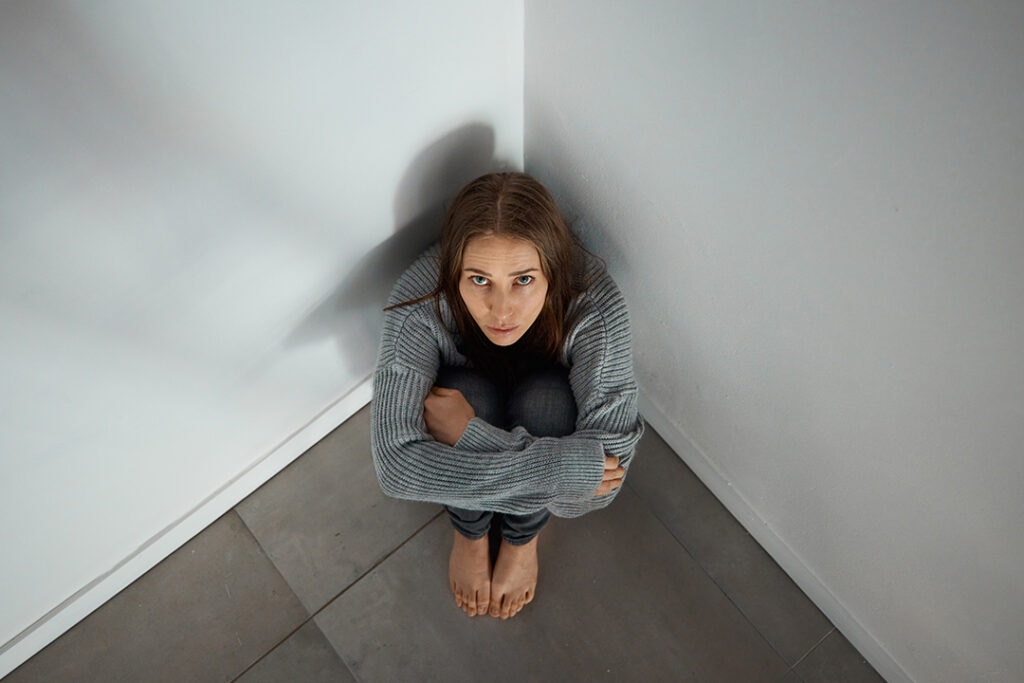Living with Isolation
Understanding and coping with self-isolation and loneliness
At some point, most of us experience loneliness. It’s a quiet ache that can show up even when we’re surrounded by people. While solitude can be peaceful and even restorative, loneliness feels different —the longing for connection is just out of reach.
At Islington Therapy House, we understand how deeply loneliness can affect your emotional well-being. It can creep in slowly or appear after a sudden change, a move, a breakup, a job loss, or a life transition that leaves you feeling cut off. For some, it begins with isolation, then builds into something heavier and harder to shake.
Why Do We Feel Lonely?
Loneliness is not always about being physically alone. It’s about not feeling seen, heard, or understood. It can affect anyone — though research shows it’s particularly common among teenagers, the elderly, and individuals from marginalised communities.

Men, in particular, may find themselves more isolated, especially if they’ve been taught not to speak openly about emotional struggles. Meanwhile, younger people — despite being more digitally connected than ever — often report high levels of loneliness too.
Over time, loneliness can impact both your mental and physical health. It may lead to or worsen anxiety, low self-worth, depression, and even panic symptoms. You may begin to withdraw more, which only deepens the cycle. But it doesn’t have to stay that way.
What Keeps Us Isolated?
Many people don’t talk about their loneliness out of shame, fear of rejection, or not wanting to burden others. Some worry it means something is “wrong” with them. But the truth is, loneliness is part of being human. And like any emotional experience, it can be worked through with the right support.
Sometimes, the underlying causes go deeper than we expect. Past experiences, trauma, or longstanding patterns around trust and vulnerability can all play a role in how we relate to others and to ourselves.
Therapy offers a space to explore those patterns safely, without judgment.
How Therapy Can Help
At Islington Therapy House, we don’t believe in one-size-fits-all solutions. Everyone’s experience of loneliness is personal, which is why our therapists offer different approaches to meet you where you are.
Therapy can help you:
- Understand the roots of your loneliness
- Reconnect with yourself and your emotional needs
- Explore fears around closeness or rejection
- Build social confidence and communication skills
- Strengthen your sense of identity and belonging
You don’t need a clinical diagnosis to seek support. Simply wanting to feel more connected — to others or even to yourself — is reason enough.
Our therapists draw on a variety of modalities that may include: (aşağıdaki terapi çeşitlerine types of therapy sayfasına yönlendirelim)
- Humanistic therapy, which focuses on self-worth and authentic connection
- Relational therapy exploring how your past relationships shape your current ones
- Attachment-based therapy to understand how early bonds impact your present-day emotional world
- Integrative therapy, which blends different techniques to suit your personal needs
If you’d like to meet one of our practitioners, you can explore our therapist page and find someone you feel comfortable with:
👉 Meet our therapists
You Deserve to Feel Connected
Loneliness is a signal, not a flaw. It tells us that connection matters to us — and that’s a beautiful thing. You don’t have to face these feelings on your own, and you don’t need to have all the answers before reaching out.
At Islington Therapy House, we’re here to listen, support, and help you gently rediscover what connection can feel like — on your terms, in your time.
If you’re ready to begin or simply curious about how therapy could help, reach out using the form below, and we’ll be here to guide you.
How ıt works
Let's plan your therapy
1
You can contact the therapist directly. Before scheduling an initial consultation, you are invited to contact any of our therapists by phone or email for an informal discussion.
2
You can use our help me find a therapist form to contact us directly.
We'll locate you two to three therapists.
